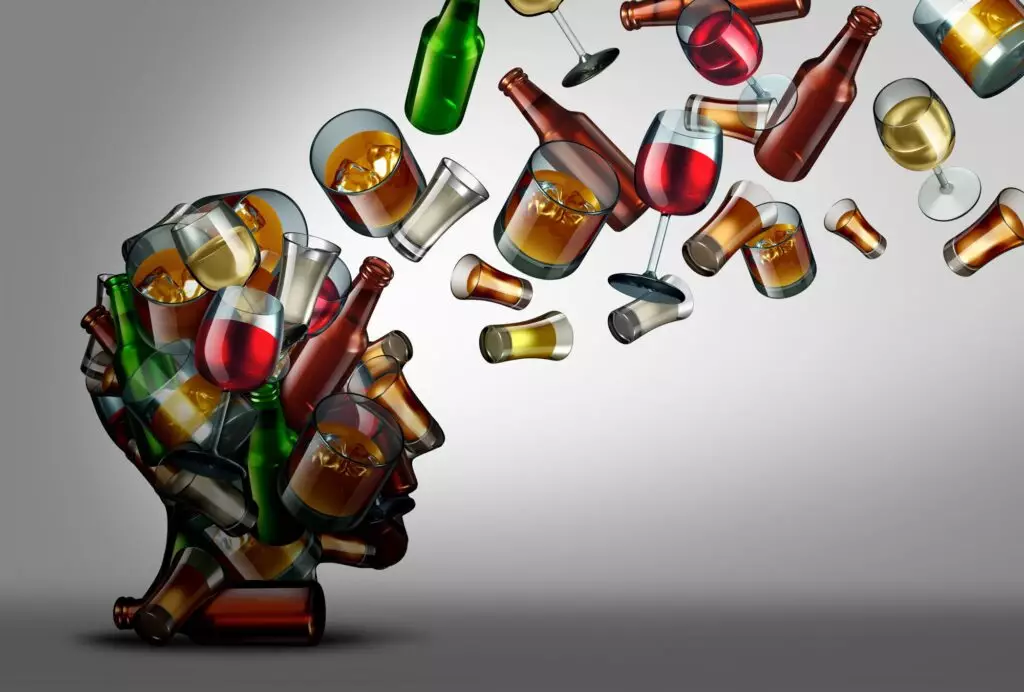Nearly 8 million adults struggle with co-occurring disorders: mental health issues and substance abuse.
If someone you love has an addiction to alcohol, you may not yet realize that an underlying (and possibly undiagnosed) mental health disorder may be making their addiction much worse.
In fact, it may even be driving them to commit suicide. Devastatingly, people who have an addiction to alcohol are 121% more likely to take their own lives.
But you can do something to stop it — and it starts by getting informed.
In this post, we’ll tell you more about co-occurring disorders, and the connection between alcohol and suicide.
We’ll also help you to understand how to recognize the signs and stages of suicidal behavior. Finally, we’ll let you know where you can get help for the alcoholic you love.
Understanding Co-Occurring Disorders
To better understand the devastating link between alcohol and suicide, you first need to know about co-occurring disorders.
Sometimes referred to as “dual disorders and dual diagnosis,” this is when people experience both an addiction to alcohol and a mental health disorder at the same time. These two challenges often “trigger” one another and feed into each other.
A person is depressed, so they drink to deal with the symptoms of their depression. A person drinks, and then they become incredibly depressed by their alcoholism.
Often, this quickly becomes a kind of vicious cycle.
Genetics, Addiction, and Mental Health Issues
One of the most popular questions surrounding co-occurring disorders (and of course, addiction in general) is whether or not some people are genetically predisposed to addiction or if it’s simply a product of the environment they grew up in.
The most honest answer is that we don’t yet fully understand the genetics behind addiction, but the vast majority of addiction specialists believe that addiction is a combination of genetics and environmental circumstances.
This is also the case with mental health.
The environment in which a person with mental health issues lives can make them more likely to develop symptoms. It may make their symptoms more intense than others with the same mental illness that were raised in a more supportive, more stable, or even healthier atmosphere.
What’s important here is that you recognize that you neither caused their addiction to alcohol and depression, nor can you control either one of these things.
That being said, someone that has some form of mental illness is much more likely to develop an addiction of some kind over the course of their life.
In fact, people with mental illnesses of any kind — whether depression, anxiety, or even more severe issues like bipolar disorder — have close to a 50% chance of falling prey to addiction.
Now, let’s talk about how you can recognize the signs of depression and suicidal ideation in the alcoholic you love.
The Most Common Signs of Suicidal Behavior
There are countless reasons why there are so many different types of suicide on the rise today.
But especially among alcoholics and other addicts, suicide can often feel like the only option for escape and relief from both their addiction to alcohol and their mental illness.
Focusing on the reasons for suicide is actually much less important than knowing the signs and stages of suicidal behavior to look out for. These actions make themselves known in both words and action.
They may say things like, “No one would care if I died,” or “I wish I was dead,” or “You’d all be so much better off without me, I’m a burden.” If they make threats to kill themselves, regardless of whether or not you think they’re being “dramatic,” you need to take them seriously.
There are also behavioral clues to watch out for.
The addict may withdraw and isolate themselves. They may start trying to get their personal and financial affairs in order. They may research suicide methods online, and they may even stop taking their medication.
They may also stop eating, shopping for food and other necessities, and stop taking care of themselves.
What to Do If an Alcoholic Isa Suicide Risk
If you suspect that the alcoholic in your life is planning on taking their own life, you need to contact the police immediately.
You should also get in touch with any other friends or family members who can sit with them, encourage them to get help, or simply need to know so they can reach out.
It may be in the alcoholic’s best interest to be involuntarily committed to a mental health stabilization center so that they are unable to harm themselves. Once they’re in a more stable place, you can speak to them about getting help for their addiction and their mental health issues.
Alcohol and Suicide: Getting Help and Wrapping Up
We know that taking a hard look at the very real link between alcohol and suicide is incredibly jarring and frightening.
If any of the information in this post sounds familiar, you need to be proactive and start taking the next steps immediately.
We can help you with that.
Get in touch with usto learn more about the addiction treatment services we have to offer. We’re also experienced in diagnosing and treating mental health issues. With the supportive and safe atmosphere of treatment, your loved one can focus on getting better.
Plus, you’ll rest much easier knowing that they’re not in a place where they can harm themselves.
Healing is possible, and so is happiness and an addiction-free life.
Together, let’s help the person you love start living one.
Resources
https://www.ncbi.nlm.nih.gov/pmc/articles/PMC2872355/
https://www.nami.org/Learn-More/Mental-Health-Conditions/Related-Conditions/Dual-Diagnosis
Jump to a Section
Call (855) 425-4846
